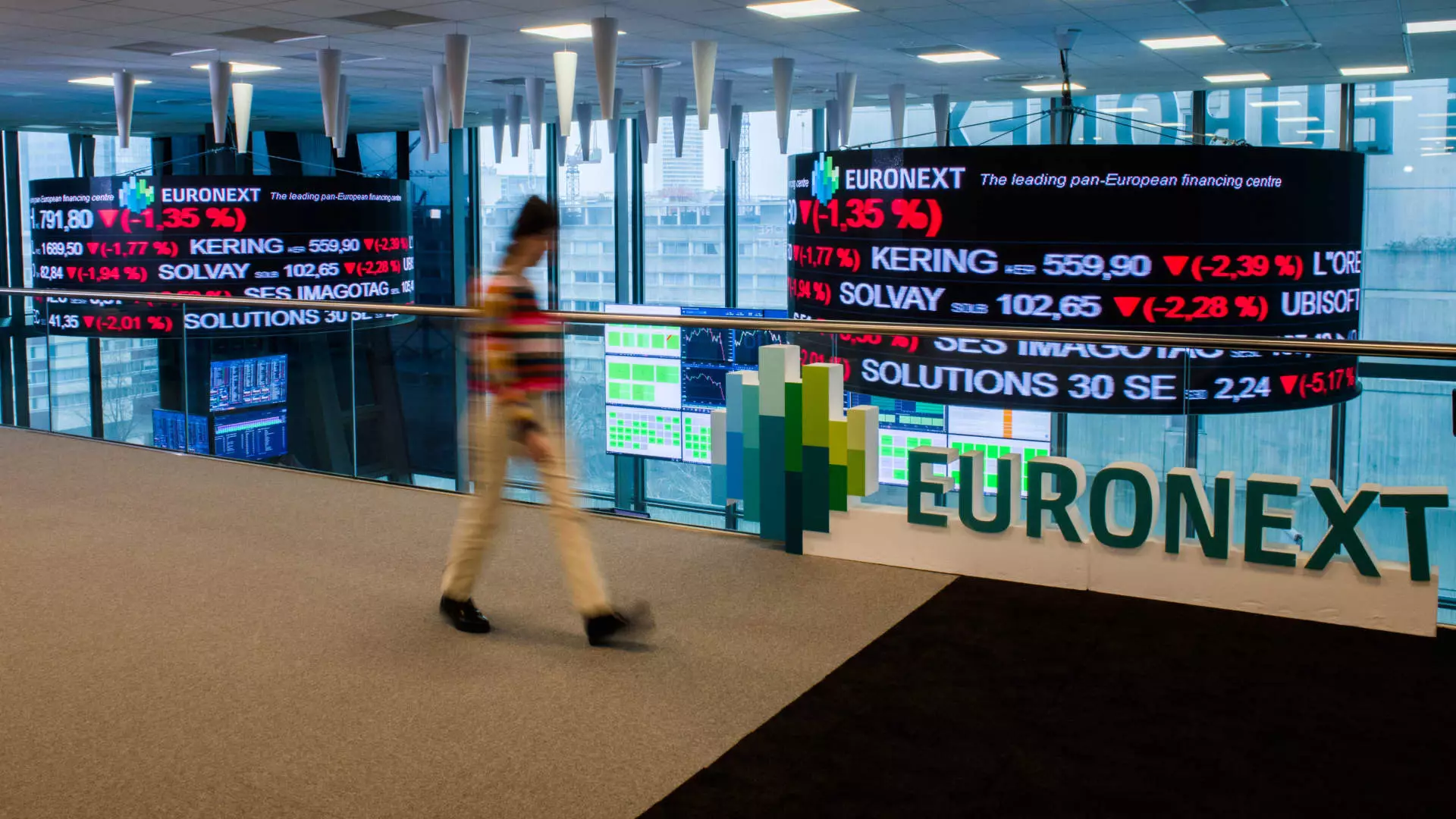In a surprising turn of events, U.S.-listed funds that track global equities experienced a notable downturn during Wednesday’s trading session. The immediate market response to Donald Trump’s victory in the election indicated a growing consensus among investors that his presidency could be harmful to foreign markets. Despite major U.S. indexes such as the Dow Jones reaching record highs, exchange-traded funds (ETFs) from prominent asset managers like iShares – which focus on markets in South Korea, Hong Kong, Taiwan, and Chile – all faced significant pullbacks.
This dichotomy highlights a key trend in the global financial landscape: the apprehension surrounding Trump’s proposed economic policies, particularly concerning tariffs. His administration has suggested imposing tariffs as high as 20% on imports, with an even steeper 60% on goods from China. Such measures could fundamentally alter trade dynamics, making investors wary of international exposure in their portfolios.
The immediate aftermath of the election showcased stark contrasts between the performance of U.S. and international markets. While U.S. equities rejoiced, buoyed by the anticipations of a pro-business environment, the broader picture revealed a cautious sentiment abroad. As Trump’s election became more certain, European markets grappled with declines, with the iShares Core MSCI Europe ETF falling by over 2%. In the Asia-Pacific region, mixed responses emerged; Japan’s Nikkei 225 index managed to rise, but the iShares MSCI China ETF suffered a similar decline of more than 2%.
Interestingly, Latin America provided a glimmer of hope for international funds. The Global X MSCI Argentina ETF surged, reaching a new 52-week high, underlining the dynamic shifts influenced by political changes in the region. Argentina’s recent election of Javier Milei – a libertarian president often compared to Trump – may have caught the eye of investors seeking opportunities amidst broader uncertainties.
Adding another layer of complexity to market behaviors was the sharp rise in the U.S. dollar, which reached its pinnacle since July. This strength has implications for international investments, particularly in emerging markets that have lagged behind their U.S. counterparts in recent years. LPL Financial’s chief technical strategist, Adam Turnquist, highlighted that rising inflation expectations following Trump’s win could exacerbate challenges for foreign equities, as a stronger dollar may lead to constrained growth in international markets.
Emerging markets, long considered fertile ground for growth, faced renewed skepticism as the iShares MSCI Emerging Markets ETF dropped by over 1%. Investors are grappling with the potential ramifications of increased tariffs and a resilient dollar, raising important questions about the sustainability of returns in these regions.
As the dust settles from the electoral outcome, the broader implications for the global economy remain uncertain. The dichotomy in market reactions emphasizes the growing concerns regarding U.S. trade strategies under the new administration. While the American market soars, the trepidation surrounding international investments suggests a more complicated road ahead for global equities. Investors will need to prepare for a volatile landscape influenced by political shifts and policy changes in the coming months, making astute portfolio decisions more critical than ever.

Leave a Reply